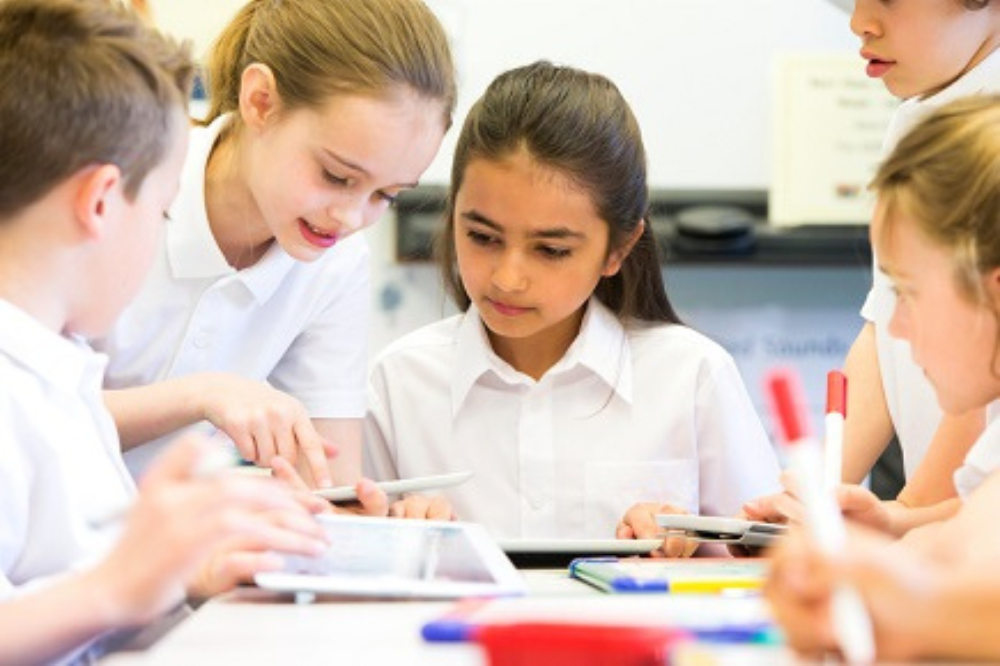
School students should avoid attempting to multitask, which is a “false concept” and an “urban myth”, says an education expert.
The concept of multitasking, which implies that a person can perform multiple tasks simultaneously with equal focus, may be doing students more harm than good, as evidence shows that practical learning and retention are at their highest when ‘multitasking’ is not taking place.
“When individuals attempt to do more than one task at a time, they are not multitasking but instead are switching their attention from one task to another,” CQUniversity Adjunct senior lecturer and author of Responsibility Theory, Dr Ragnar Purje, said.
“Importantly, this task switching comes with a cognitive cost, as the brain must change gears from the rules and the demands of one task to those of another.”
Dr Purje said this leads to a decrease in cognitive efficiency, with an associated increase in the likelihood of errors being made.
Task complexity and familiarity can also play a role in the cost of task switching, he notes.
“More complex and less familiar tasks require more cognitive resources, thus increasing the time and effort needed to switch between them,” he said. “However, there’s research evidence to show that even predictable switching between tasks can slow down performance.”
Dr Purje explained that the human brain is wired for more sequential task handling rather than parallel processing.
This is evident in language development, reasoning and planning, speech recognition, writing development, and the acquisition of a host of skills not just in education, but in social, cultural and professional spheres.
“Even though multitasking is a popular phrase thrown about, being popular doesn’t mean its accurate or that it actually exists.”


